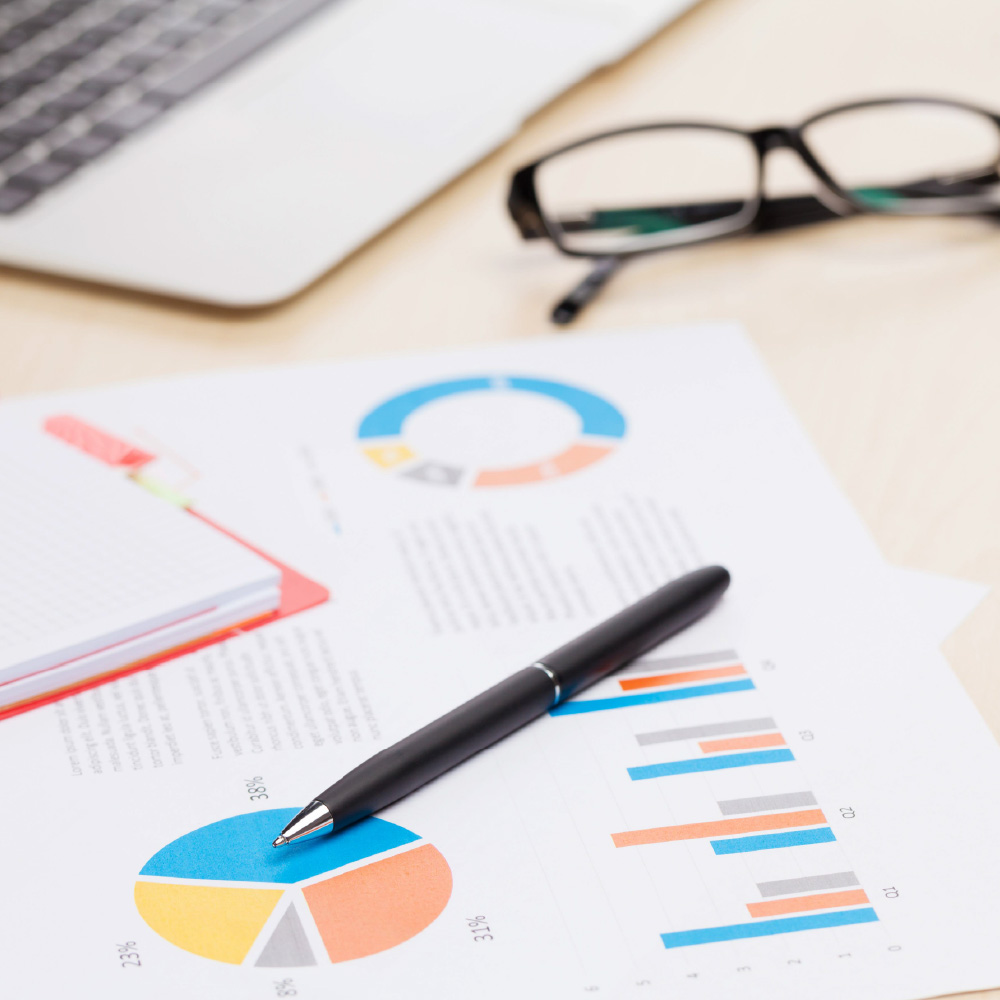
Personal development is a continuous journey that shapes individuals into their best selves, both professionally and personally. It involves self-discovery, learning new skills, improving existing ones, and setting life-changing goals. This journey is fundamental not only for achieving career success but also for maintaining mental and emotional well-being. This article delves into the critical strategies for personal development, providing a blueprint for those aspiring to enhance their lives and reach their fullest potential.
Understanding Personal Development
Personal development is a broad term that encompasses various aspects of growth, including emotional, physical, intellectual, social, and even spiritual areas. It requires a proactive approach to learning and self-improvement with the aim to enhance quality of life and achieve personal dreams and aspirations.
Setting Clear, Achievable Goals
The first step in personal development is setting clear and achievable goals. These goals should be specific, measurable, attainable, relevant, and time-bound (SMART). Goal setting not only directs your energy and resources to meaningful activities but also helps you track progress and stay motivated.
Self-Assessment
Regular self-assessment is crucial to understanding your strengths, weaknesses, opportunities, and threats (SWOT analysis). This evaluation helps identify areas for improvement and those that are strengths, guiding your personal development efforts.
Critical Strategies for Personal Development
Implementing effective strategies can significantly enhance personal development. These strategies form the core actions necessary to push boundaries and foster growth.
Lifelong Learning
Commit to lifelong learning to continually expand your knowledge base and skill set. This could involve formal education, such as degrees and certifications, or informal learning, like reading books, attending workshops, or learning online. Education is a powerful tool for personal development, offering new insights and opening doors to opportunities.
Developing Emotional Intelligence
Emotional intelligence (EQ) is as important as intellectual ability (IQ) in achieving personal success. Developing EQ involves improving self-awareness, empathy, and interpersonal skills. This not only helps manage one’s emotions but also builds better relationships both personally and professionally.
Time Management
Effective time management is pivotal to personal development. Learning to prioritize tasks and manage time efficiently ensures that you spend your energy on activities that align with your goals. Techniques such as the Eisenhower Box or the Pomodoro Technique can help in maximizing productivity.
Networking
Building and maintaining a robust network can provide support and feedback and open up new paths for growth. Networking isn’t just limited to professional circles; it also includes forming meaningful personal relationships that foster personal development.
Health and Wellness
Physical health significantly impacts mental and emotional well-being. Regular exercise, a balanced diet, and adequate sleep are fundamental for maintaining the energy levels necessary for personal development. Incorporating wellness activities like yoga or meditation can also enhance mental clarity and stress management.
Overcoming Challenges in Personal Development
The path of personal development is often strewn with challenges that can impede progress. Understanding and preparing for these challenges is critical to maintaining your development trajectory.
Maintaining Motivation
One of the biggest challenges in development is maintaining motivation over time. Setting small, interim goals, celebrating achievements, and revisiting your core reasons for embarking on this journey can help sustain motivation.
Dealing with Failure
Failure is an inevitable part of personal growth. It is crucial to learn to view failures as opportunities to learn rather than setbacks. Reflect on what went wrong, adjust your strategies, and try again with renewed insight.
Finding Resources
Sometimes, a lack of resources can hinder development. This can be overcome by seeking out free or low-cost resources available online, in libraries, or within community groups. Scholarships and grants can also be options for formal educational pursuits.
Personal development is an ongoing process that requires dedication, discipline, and a willingness to improve oneself continuously. By employing effective strategies such as setting clear goals, engaging in lifelong learning, expanding emotional intelligence, and managing time effectively, individuals can steer their personal and professional growth to new heights. Overcoming challenges along the way strengthens resilience and equips individuals with the skills necessary to navigate the complexities of life. Ultimately, the journey of development is about becoming the person you aspire to be, equipped with the knowledge, skills, and experiences to meet your life’s goals and challenges head-on.